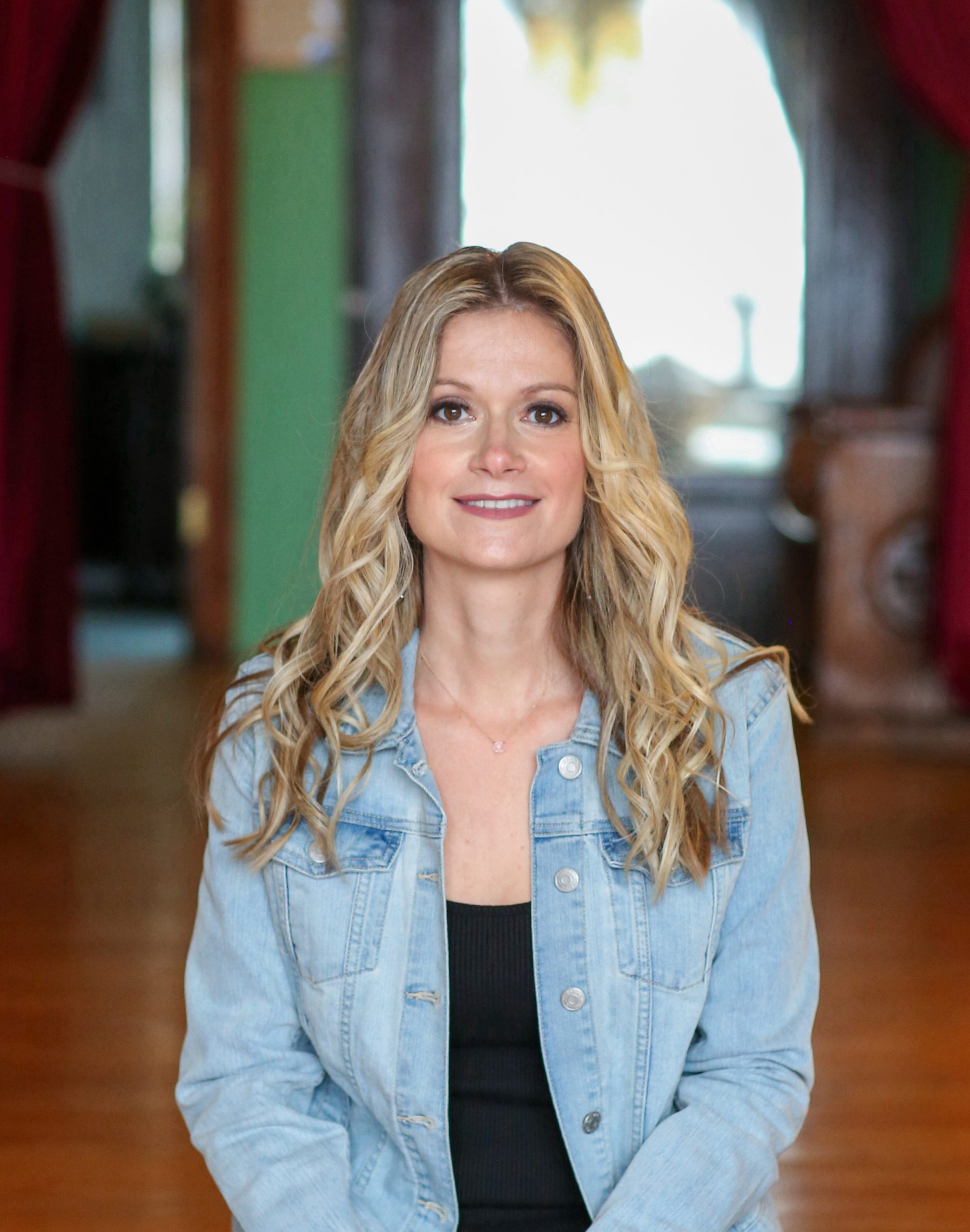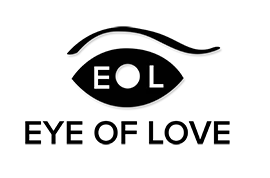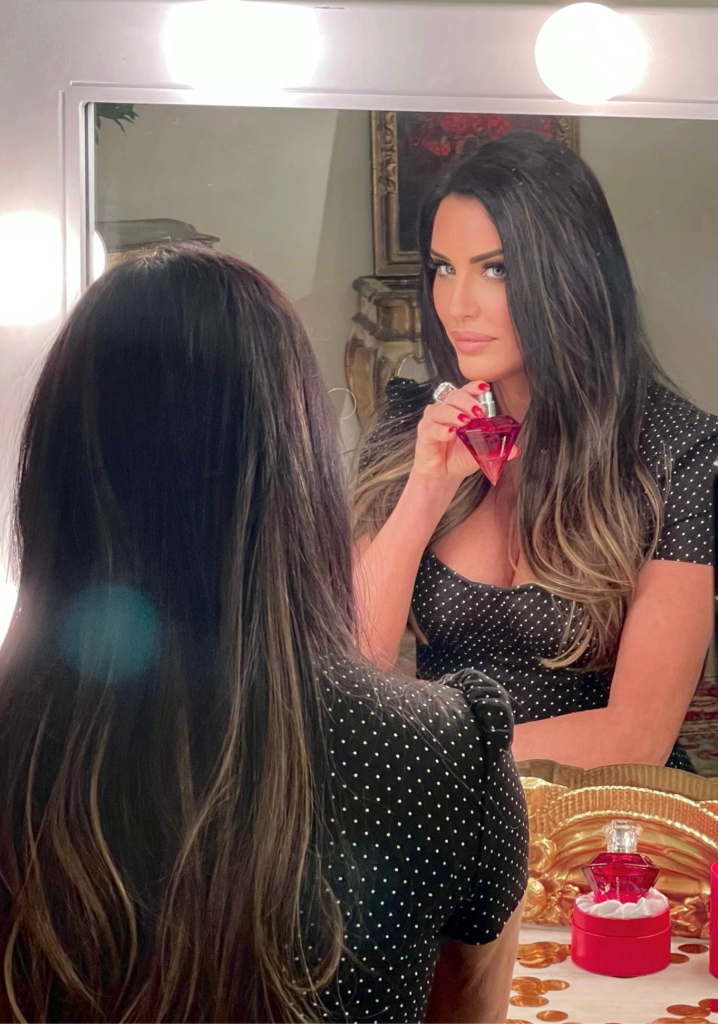Be more tolerant of dissenting opinions. They make democracy dynamic. Exchanging ideas should broaden horizons, not narrow them.

A client plopped down on my couch last week — let’s call him Brian. He said, “I’m getting married in 4 months, but I’m at a crossroads. How do I know if I’m doing the right thing?”
These questions aren’t easy to answer —but it’s frequently a part of my job. I often help clients decide if they should either get engaged or go through with their wedding. Typical questions include: Am I making a mistake? How do I know we will last? Why am I having doubts?
For Brian, he wondered, “What will happen after marriage? What will the day-to-day be like?”
Of course, if you find yourself at a crossroads, like Brian, I highly suggest booking one-on-one time with a relationship therapist to talk through your concerns or doubts. However, if you’re still waiting for an appointment, here are five questions to help you discern what’s going on in your head.
At the very least these questions will help you decide if you’re just having cold feet, or if your gut is really trying to warn you of something real.
1. Do I want my partner to make changes after marriage?
Yes, change is part of life—we all will change. Yet there’s a difference between growing as a couple or evolving as an individual, versus wanting your partner to be more like you or hoping they’ll stop some major behaviors completely once you tie the knot.
Because, I can assure you, the latter will be met with resistance and resentment. I’ve had many clients admit that they went through with the wedding because they rationalized their partner’s behaviors by telling themselves things such as:
They’ll grow out of it.
It’s just a phase.
They’ll mature.
They’ll change their mind.
If you have plans on overhauling your partner’s personality or traits—you’re taking a risk. Your partner will not magically change their behaviors after the wedding.
2. Can I truly cope with our differences?
Differences in a partner are often intriguing at first. They’re novel and that can drive up feelings of excitement and infatuation. But what happens when the infatuation fades? Things you thought that was cute at first might be really annoying later.
This is where you need to get into specifics about your differences. How do you both spend money? How much alone time do you need? Do you prefer stability overexcitement? How hard do you party? Sometimes couples avoid these topics due to fear of losing the relationship, or they think, “We’ll figure it out after marriage.” Don’t wait. Addressing these differences now might actually make your relationship stronger in the long run.
This is also where you need to think inwardly. Do you criticize your partner for how they do things? Do you have contempt toward your partner for how they are? If so, these are tell-tale signs that you do not respect them. You needn’t always see eye-to-eye, but you do need to be able to understand each other and compromise effectively to make any relationship work. Remember, no one else is going to be exactly like you, not even your future spouse. But if you don’t respect them, don’t marry them.
3. Am I myself?
In good relationships—you’re often the best version of yourself, your full self. While you’re positively influenced by a loving partner, you’ll also want to maintain and grow your own identity. In a good relationship, you stay true to your values, interests, passions, goals, etc. — all while keeping your voice in the relationship. And this should go both ways.
If you find yourself suppressing your own needs and concerns, it’s likely that you’re not being your true self. If you minimize the importance of your wants and needs — and rationalize behavior you’re not excited about, this means you need to stop and think. This may or may not have to do with your partner. Some people might be insecure about appearing too needy —so they don’t speak up. (However, others might be in a relationship where there’s manipulation and gaslighting — which, in this case, you need to run.)
Also, be honest. Are you hiding something from your partner? Maybe debt, an addiction, or lifestyle preference you haven’t voiced? If you start with honesty: the best-case scenario is our partner will be supportive of your transparency. In good relationships, they will stay by your side and help you through the issues you’re fighting in solitude. In bad relationships, however, they may use it as a way to shame or manipulate you. I’ve seen irreparable damage done when secrets come out after the wedding. Ultimately, relationships are about a mutual fit. If you’re not transparent, you are taking away the right for your partner to choose if they can live with what you are hiding. At the same time, if you can’t bring yourself to be transparent because you truly fear their reaction—you need to ask yourself why.
4. Am I doing too much?
A good relationship will give and take. So it’s important to realize if you are giving too much, or taking too much. (I’m certainly not saying this should be tit-for-tat—rather, I’m talking about how the relationship should be an ongoing example of giving and taking of each other, without counting.) Consider your plans for household responsibilities, child-rearing, meeting each other’s needs, etc. Whatever it may be, when a relationship’s give and take is lopsided, the consequences can be very negative: resentment, dissatisfaction, disconnection, and mistrust. And as mentioned in point #1, these habits won’t change just because you get married.
For instance, women in heterosexual relationships carry the mental load, according to statistics. So, at the very least, it’s important to talk about these sorts of tendencies and talk through how you can plan to rely on each other without nagging or resentment.
5. Why do I want to marry this person?
Seems like a no-brainer question, but hear me out.
When I work with couples on the brink of divorce, I look at their story. How did they meet? What’s their relationship like? How did they decide to get married?
You may or may not be surprised at how often I hear:
We were already living together so figured, ‘Why not?
All of my friends were getting married.
I didn’t want to go back into the dating pool.
Working with couples for over 15 years now, and knowing just how hard marriage can be at times, I caution you to be careful of getting married because you think you “should” be getting married. Your marriage has a greater chance of success if you choose each other, versus sliding into the decision to stay together.
When I ask dating or engaged couples, “Why do you want to marry this person?” The usual answer I get is, “Because I love them.”
So I pause and then ask, “And what else?”
Many times couples rattle off several things they adore, admire, and respect about each other. However, sometimes couples have a difficult time answering — which is a problem. While love is an incredible part of humanity, romantic love alone cannot sustain a marriage. An “I love you” needs to be lived through actions, not only mutual feeling.
So if you ask yourself why, and you just start to hear crickets — listen to them. They might be telling you something you know you must face.
As for Brian, he’s still working on his own answers but I know he will get there. I hope these questions can give you some clarity so you can make the decision that is best for you.
An old friend or favorite relative points you in the right direction. It’s nice to know that there’s someone around with a reliable moral compass.
It’s a bore listening to stuffy types criticize everything you do, but if that’s what it takes to win their support then try to look interested.
An impossible request may be your chance to color outside the lines. Get into the spirit of experimentation and discovery.
You appear to be more upset about having let someone down than the person in question. It’s not the end of the world. Give yourself a break.





